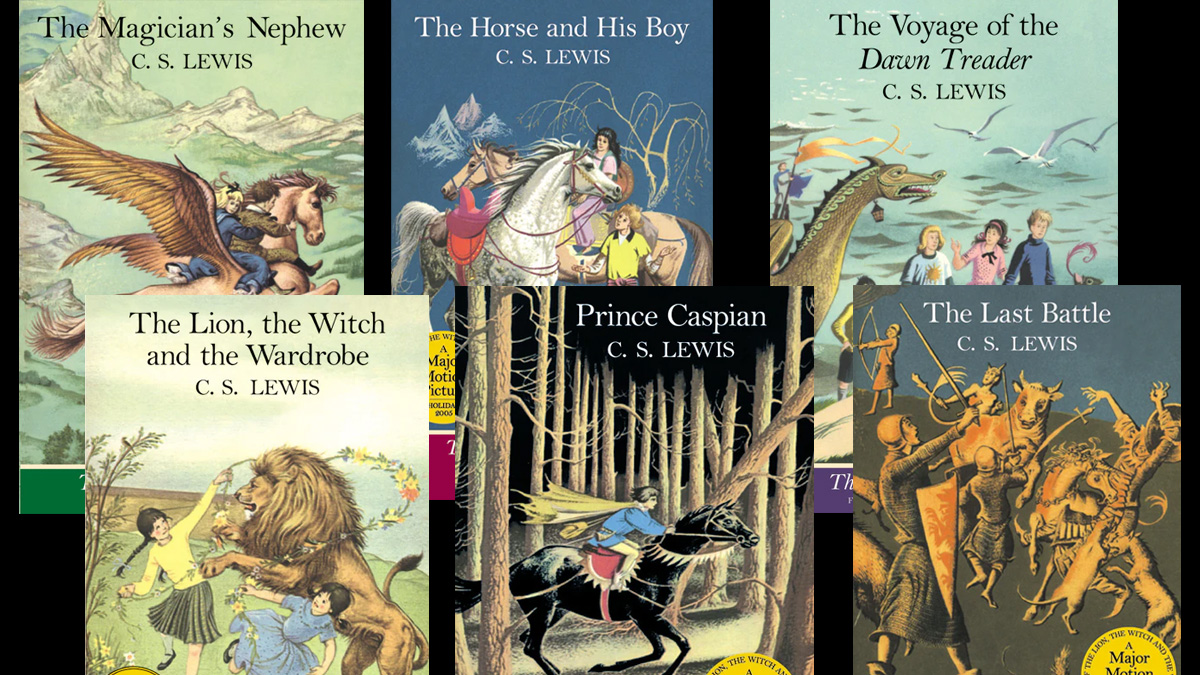There was nothing quite like The Chronicles of Narnia when the movie series first hit the scene in 2005. The sprawling, kid-oriented fantasy swept into theatres as Disney’s answer to the wildly popular The Lord Of The Rings franchise and Harry Potter. The first entry, The Lion, the Witch and the Wardrobe reaped ample revenue for Disney —$ 750 million worldwide — but the subsequent title, Prince Caspian failed to draw a crowd, and the House of Mouse dropped the series after its disappointing $420 million pull. 20th Century Fox picked up the series for The Voyage of the Dawn Treader, but even with its much-diminished budget, Voyage continued the downward financial spiral, and the series was put on a back burner until Walden Media lost the rights to the property in 2011.
Despite the franchise’s bad history with cinema and its complicated chronology, Netflix has decided to breathe new life into the children’s classic. The streaming giant has tapped Greta Gerwig, the many-times nominated director behind Barbie, Little Women, and Lady Bird to helm the project. With her laudable style and ample writing talents, Gerwig is a great choice to head the project, but after two failed attempts at launching the series — and Netflix’s insistence on deviating from the source material — fans are rightfully concerned about the future of the Pevensies, Aslan, and the wild folk of Narnia.
As a fan myself, I already had some opinions going into this, but our selection draws from several threads on the internet to round out the list of things that fans want out of a reboot.
1. Start from the beginning
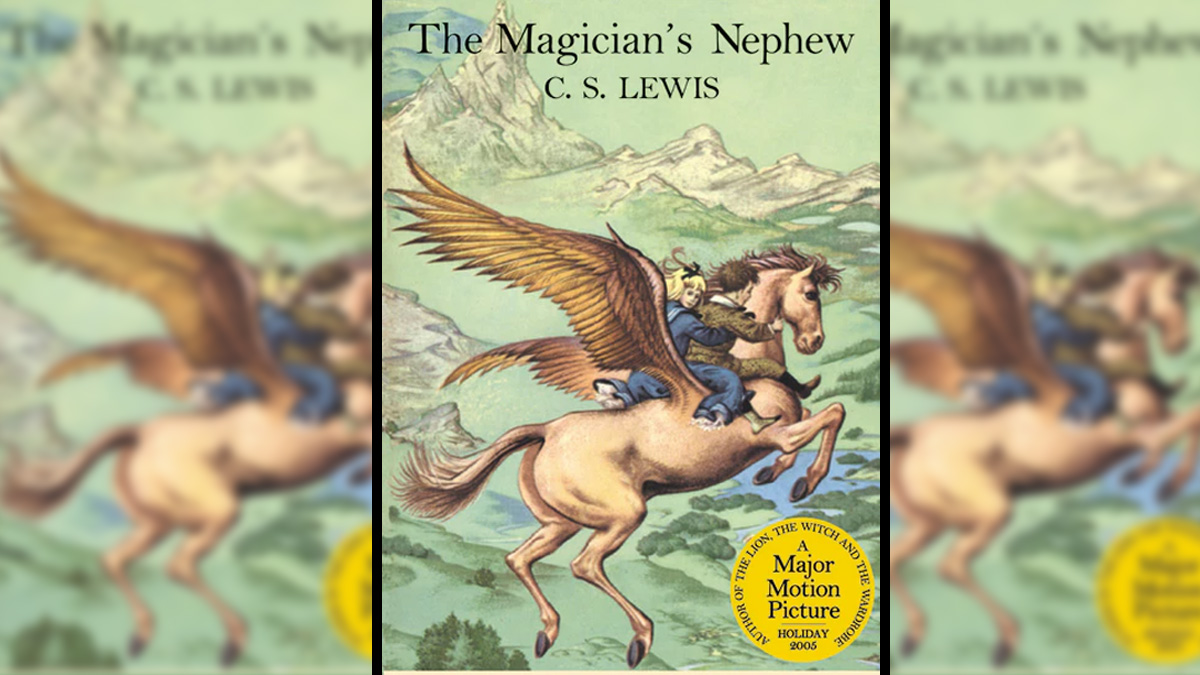
C.S. Lewis wrote the books in a haphazard order, so there was plenty of conjecture about what first actually meant for several years after the series was finished. The Lion, the Witch, and the Wardrobe was intended to be a one-shot story, but the author kept finding excuses to return to the magical world of Narnia. Years after he finished the series, he finally picked The Magician’s Nephew as the first in the series to appease his haranguing fans. The book sets up much of what comes to pass in the subsequent novels and could start the franchise off with some incredible storylines to rival the comicbook world’s multiverse ideas. Not to mention its 1900 London backdrop, an evil witch attempting to conquer the world, and portals to other lands, which could make for some gorgeous visuals.
2. Re-adapt The Lion, The Witch and the Wardrobe
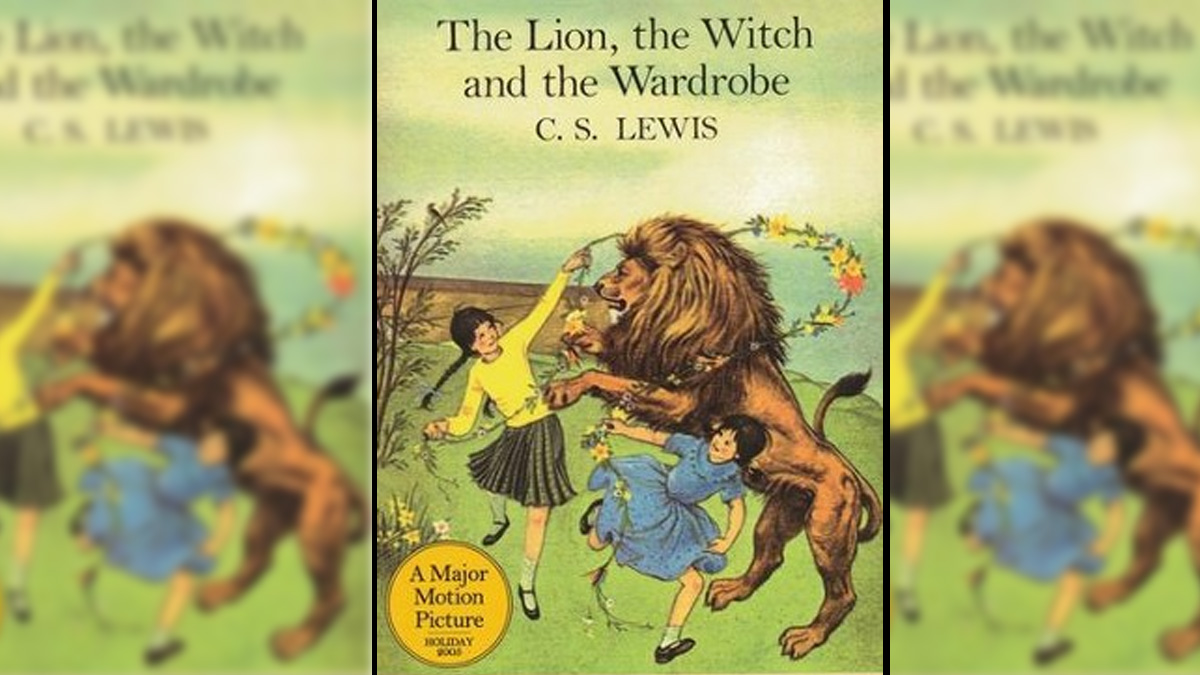
I know that reboots are exhausting — even more so if they rehash the same old origin story time and time again — but a series, planned out in advance with scripts in place, would allow viewers to grow with the Pevensie kids through the first few films. Anyone familiar with the books knows the kids will eventually swap out for cousins and other inhabitants of Narnia, but the Kings and Queens of Narnia always return. A series spread over several years has the potential to keep the same actors as they age.
3. Each book deserves its own movie.
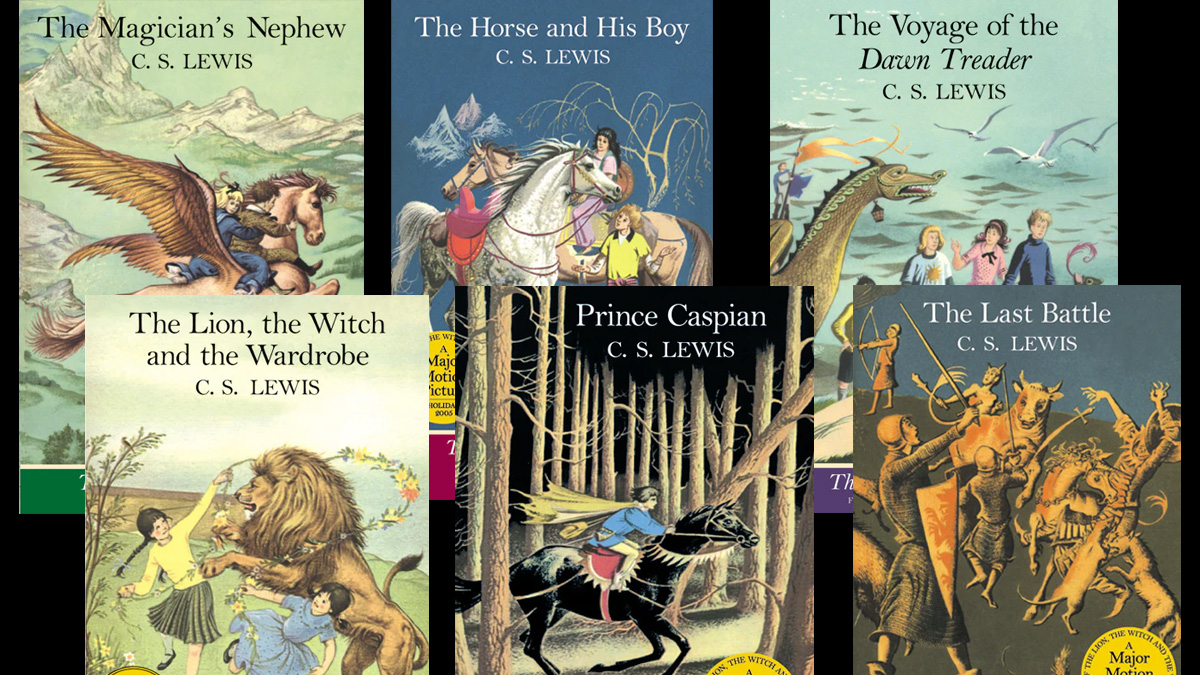
No more of this “exquisite corpse” take on adaptations — even though that’s Netflix’s MO when it comes to serialization. There are many different tones for each Narnia book, and each one focuses on different aspects of life, aging, and, of course, religion. The overtly Christian messaging in C.S. Lewis’s novels may displace viewership from other faiths, so Netflix’s Chronicles needs to find a balance to preserve the moral lessons without seeming to evangelize viewers through a religion-specific narrative.
4. They have to make The Silver Chair
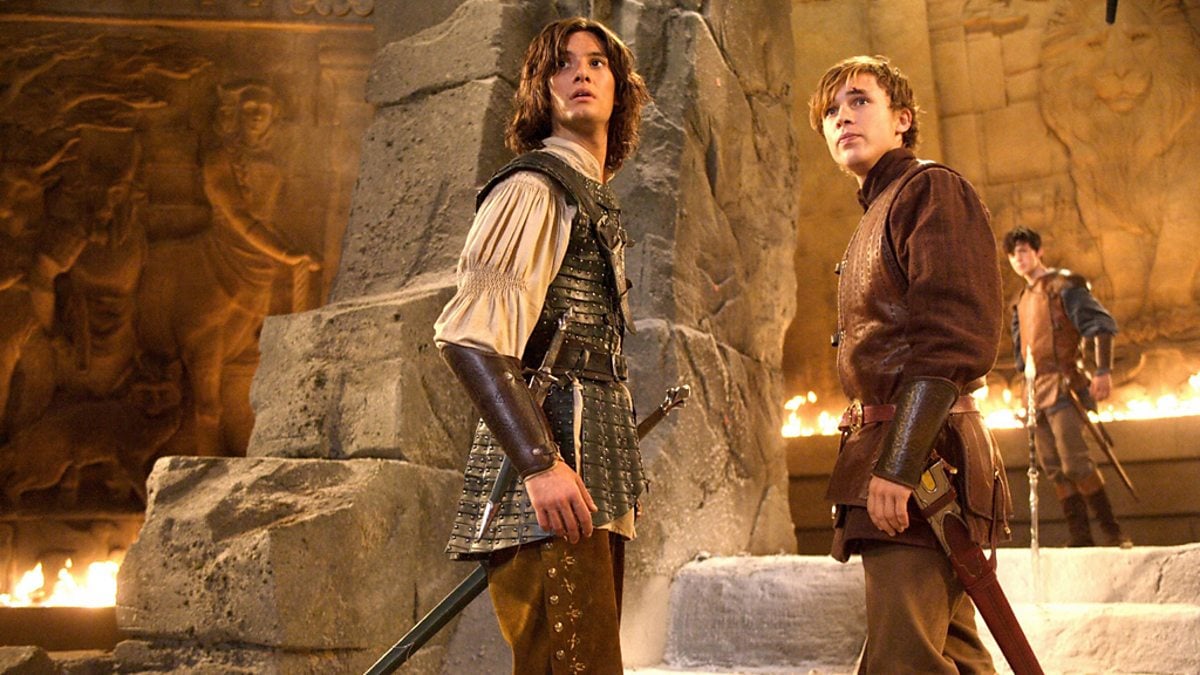
This may seem redundant, but The Silver Chair was the most requested adaptation of all. The fourth film was promised to appear in the early Aughts franchise, and plenty of fans were disappointed by the film’s failure to launch. The book is one of the most loved in the series, so it’s really no surprise fans are chomping at the bit for this one. My one concern is how to replace Ben Barnes.
5. Eustace needs his full redemption arc
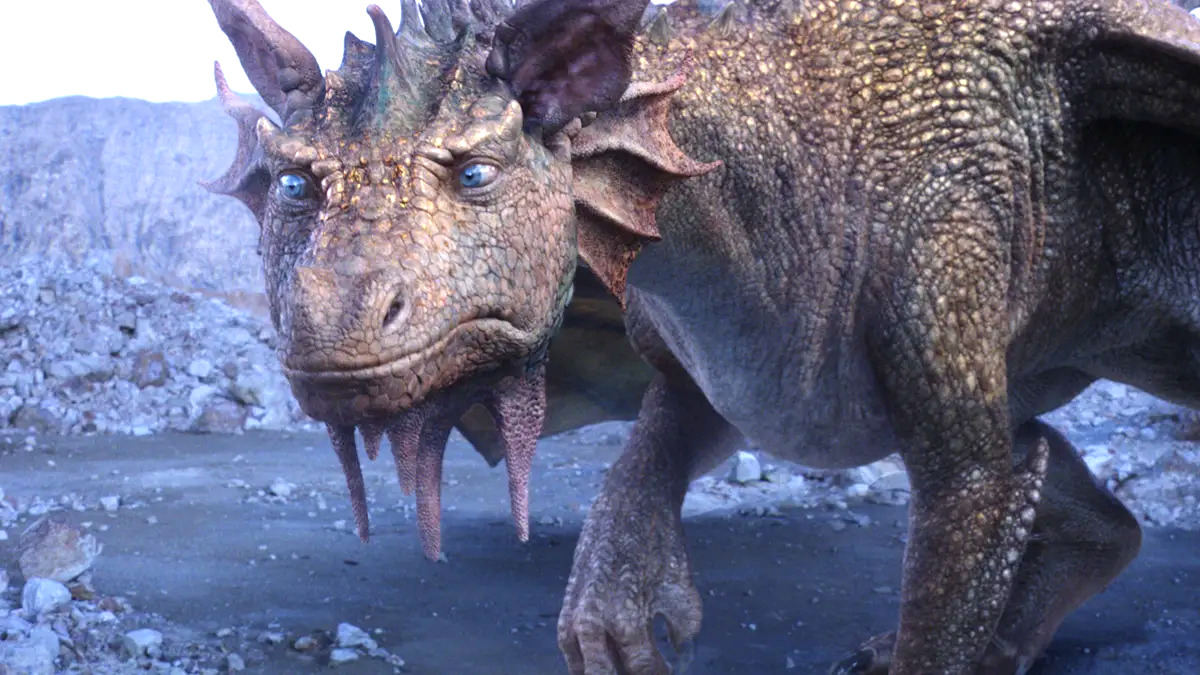
One of the things that chapped me about Disney’s trilogy was the lack of payoff with Eustace Scrubb. The once whiny, incorrigible, and down-right-bratty cousin to the Pevensies spent the entirety of Voyage of the Dawn Treader struggling with his… personality. Seriously, everything about the little guy was meant to be unlikable. But by the end, he literally transforms into a better man, and he deserved to continue his adventure. Eustace deserved his redemption arc, and let’s be honest, so did Will Poulter.
6. These movies need to be for kids
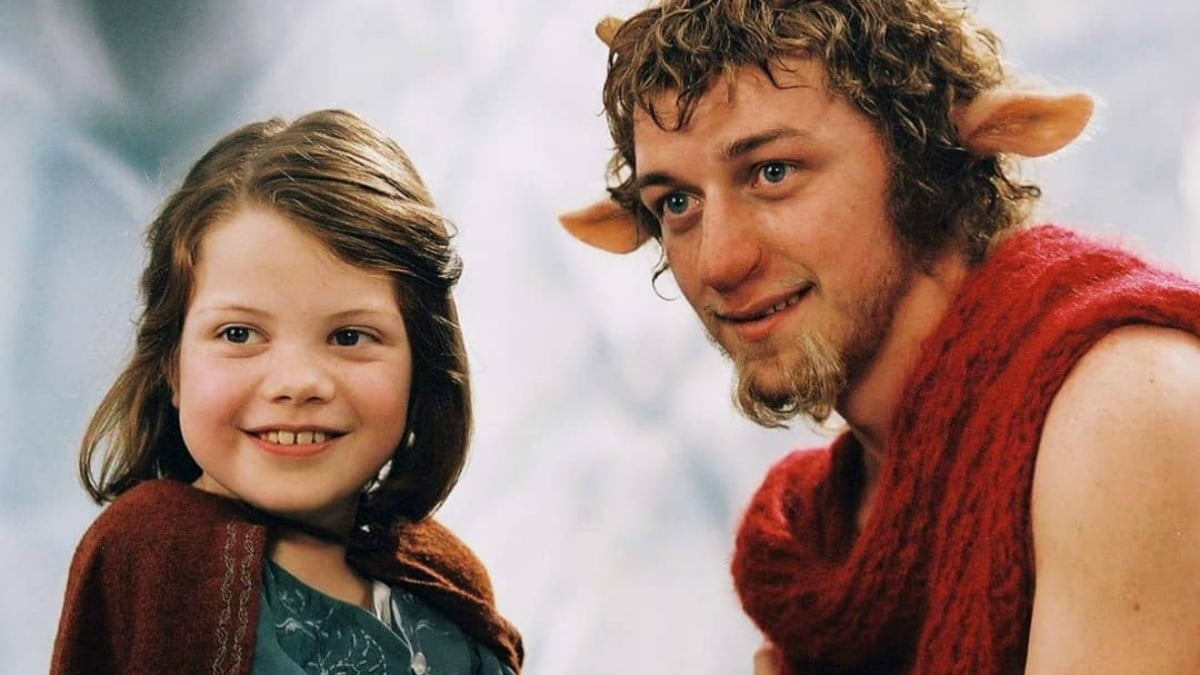
C.S. Lewis intended these books for kids. End of story. These movies should be written to appeal to children. The story can get progressively more mature, but at the end of the day C.S. Lewis said it best, “A children’s story that cannot be enjoyed by children is not a good children’s story in the slightest.”
7. They should release one every few years like Harry Potter

For anyone who grew up during the release of the Harry Potter movies, it was amazing to see the characters grow and to experience the thematic darkening of each passing story. If there were sequential releases, the series could explore the more existential and philosophical conversations in the later entries, even if Narnia never gets quite as bleak as the world of Hogwarts.
8. The religious subtext can’t be ignored, but shouldn’t be pushed either
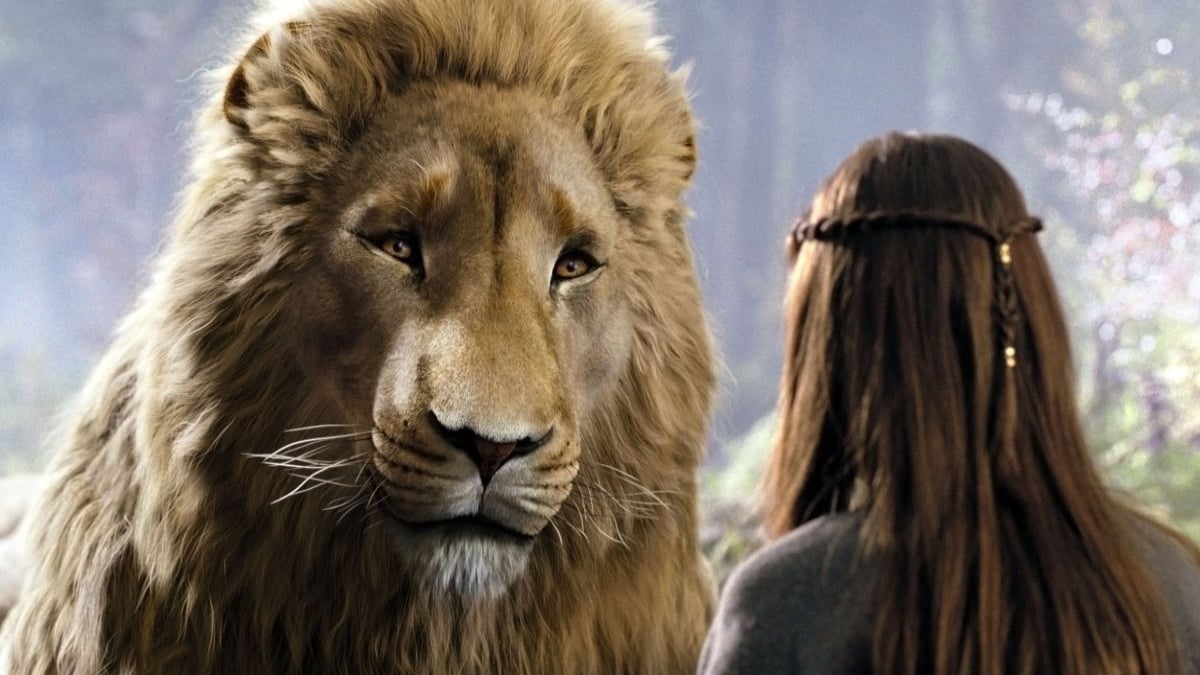
It’s well known that C.S. Lewis was a religious man, and while that turns some people off of the discussion completely, Lewis was not as stringent as some evangelicals today might assume.
The whole basis of this series was Lewis’s story of redemption. Lewis himself was someone who rediscovered religion later in life, and that faith bled into his work. Not only was he a theologian for Christianity, but much of his young life was dripping with the occult. He loved Norse and Greek Mythology (also prevalent undertones throughout the series; the Roman god Bacchus even shows up in one of the books) and Celtic mysticism. Lewis was also very fond of what he called “the hidden element in [a] story.” And while his dear friend J.R.R. Tolkien may have disagreed, Lewis was very fond of what is known as transferred classicism, or the literary act of representing the Christian god through pagan elements. I guess what I’m trying to say is that there is certainly a way to continue exploring those elements without centering on them, and media can toe the line between a relatively faithful and updated adaptation without going the full Passion of the Christ direction.
With Gerwig’s status as a Catholic schoolgirl alumnus, she certainly has plenty of experience to lean on when working through just how to toe the line between story and religious trauma. Anyone familiar with, say, The Locked Tomb series knows just how much religious subtext those Catholic schoolgirls can imbue in their stories.
9. Gerwig needs to finish Susan’s story
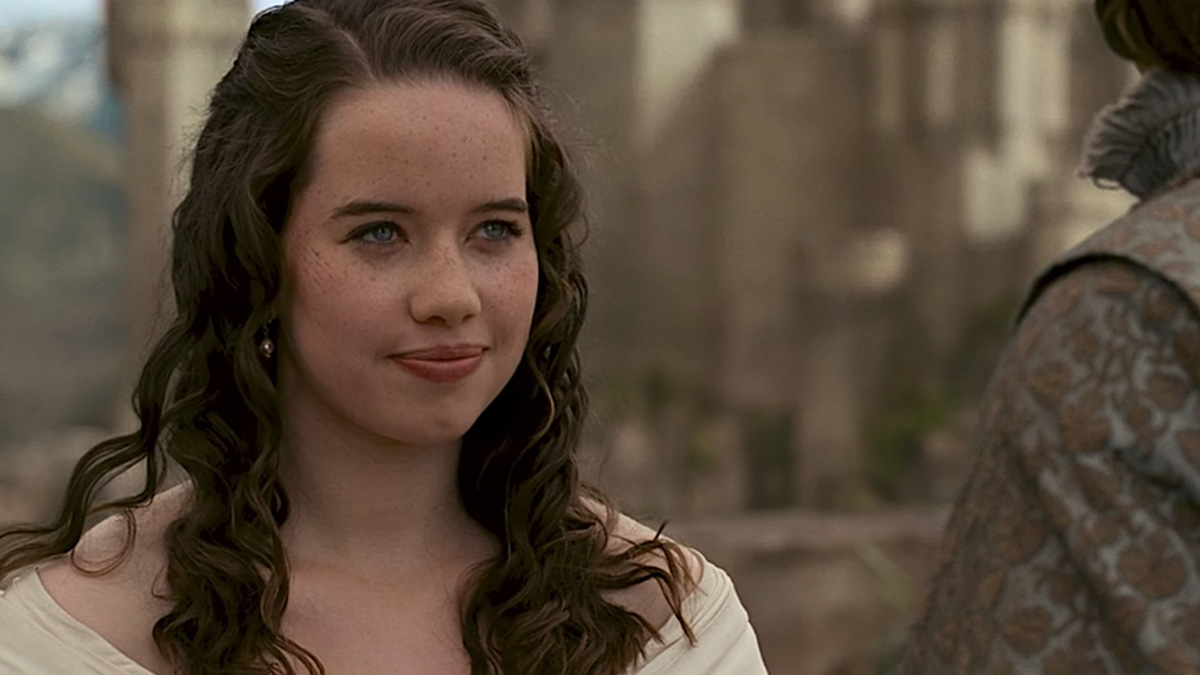
One of the more controversial and devastating developments in the series happens in The Last Battle, when Susan is left out of Narnia because when she grows up she becomes “interested in nothing nowadays except nylons and lipstick and invitations.” Though this ending left plenty of fans disappointed, Lewis always wanted something better for the Gentle Queen of Narnia, even telling a young fan, “I could not write that story myself. Not that I have no hope of Susan’s ever getting to Aslan’s country; but because I have a feeling that the story of her journey would be longer and more like a grown-up novel than I wanted to write. But I may be mistaken. Why not try it yourself?”
Several authors have tackled The Problem of Susan over the years, but there is no doubt that a phenomenal screenwriter like Gerwig could wrap up the series with Susan’s reclamation of her position as a queen of Narnia, and once and for all give fans that little bit of closure so many of us are craving.
10. The controversial one: the cast needs to be more diverse
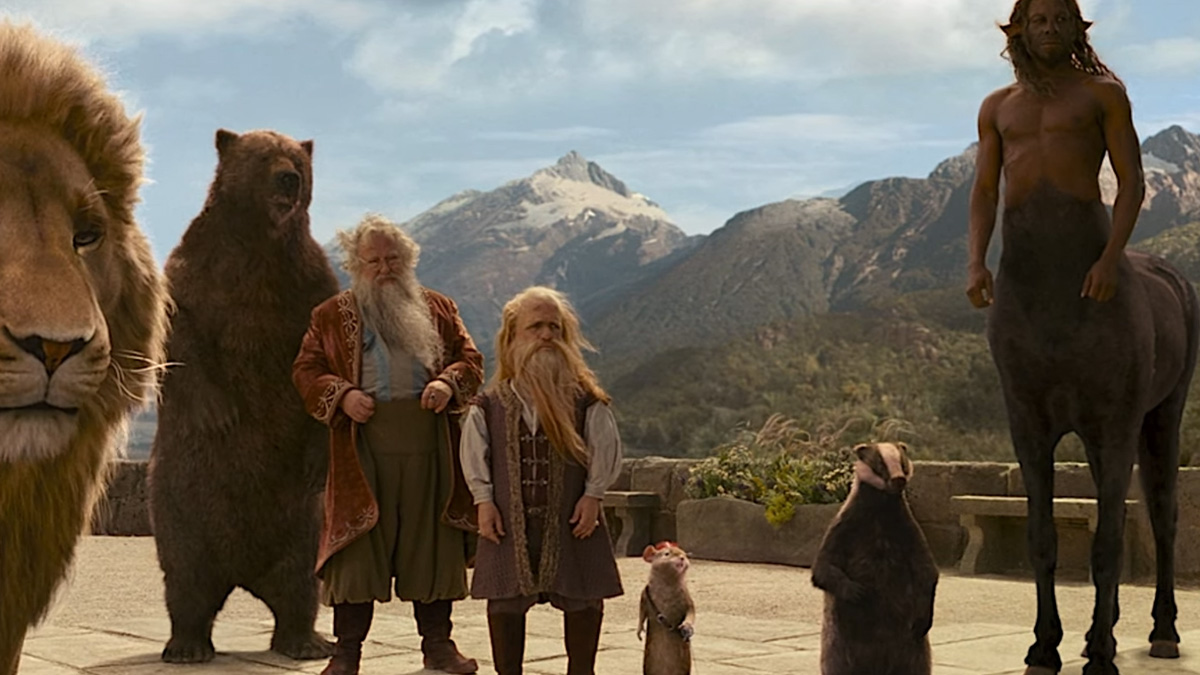
I’m sure this is the most controversial point on this list, but it needs to be made for some reason. There needs to be more diversity in the cast. Lewis, much like Tolkien, was a British man in the 1900s; racial, ethnic, and gender diversity was not a thought in his bookish brain. The world doesn’t look the same as it used to, and there’s no reason to pretend it does. When it comes to the Pevensies, sure, they can certainly be left as little blond Brits, but there’s nothing about Narnia that says its humanoid inhabitants can’t have a little more to offer. After all, in a world of talking animals, fauns, and centaurs, how out of place would diversity really be?

